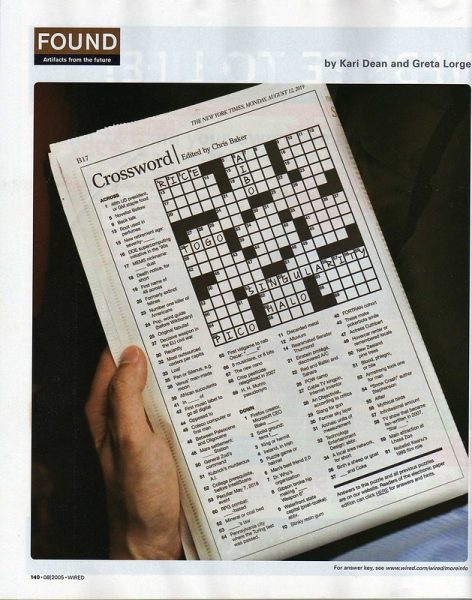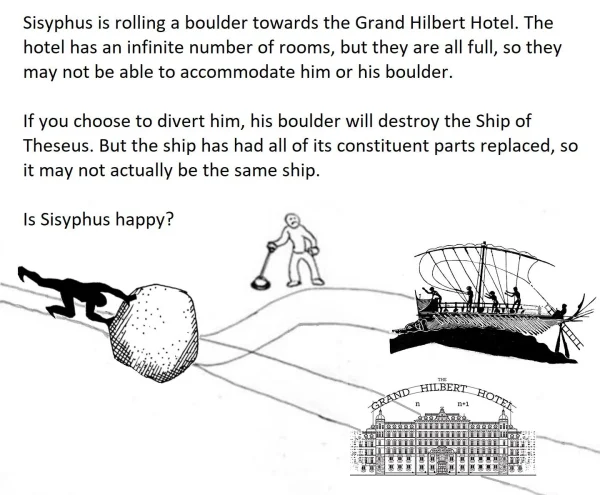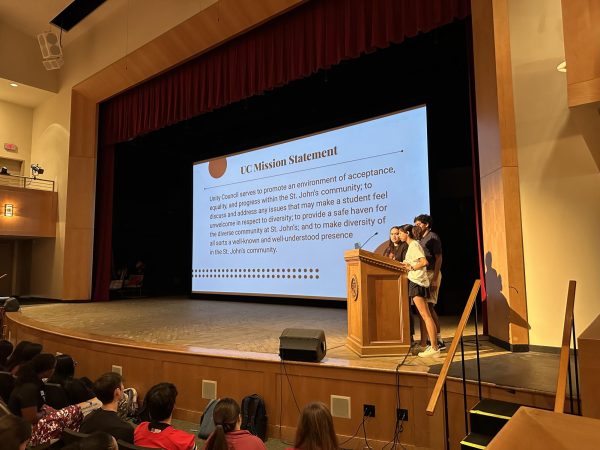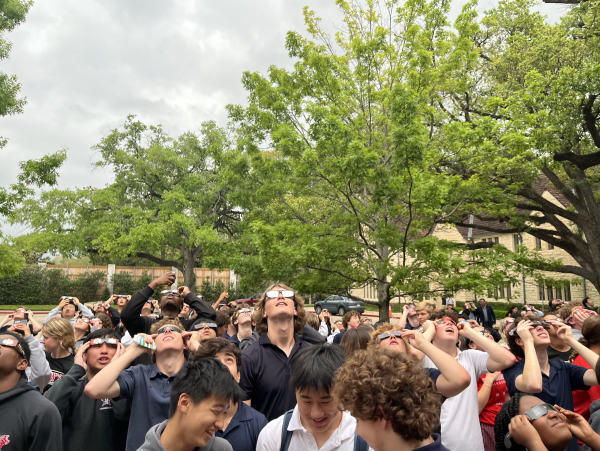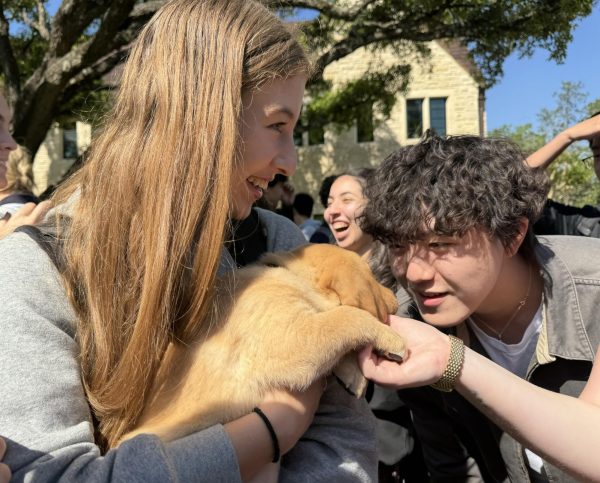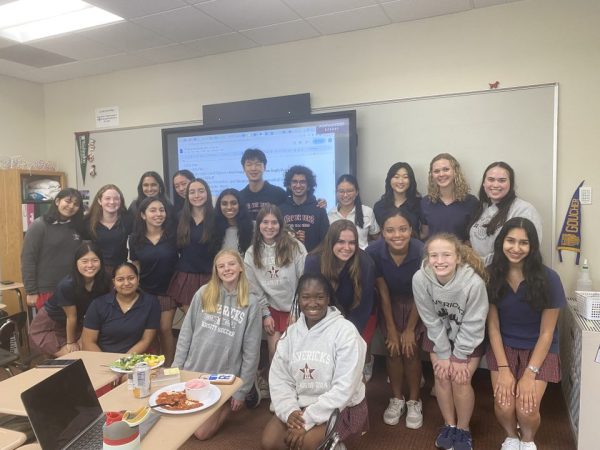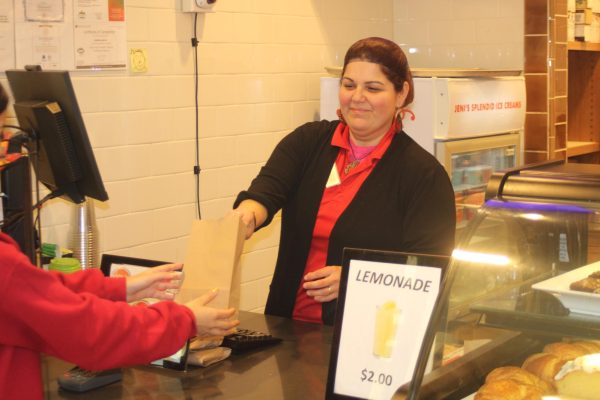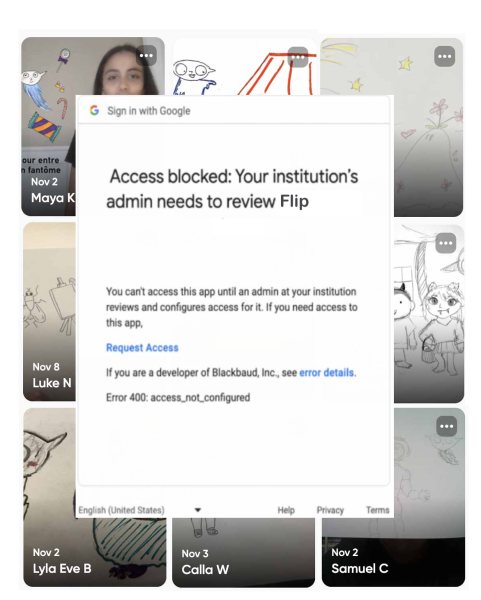Guest speaker warns students not to be trapped by the Web
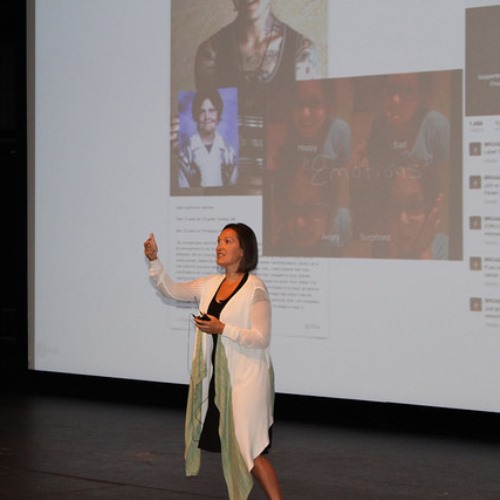
Guest speaker Lori Getz lectured on the lack of privacy in the digital age as well as ways for students to protect themselves.
September 10, 2014
Guest assembly speaker Lori Getz dismissed the conventional precautions of how to stay anonymous online. According to her, details of personal identification are already on the Internet. To prove her point, she pulled up a website displaying a full profile of her mother-in-law.
Name, address, ethnicity, whether or not there was a pool in her backyard–all of her personal information was there.
After a wave of laughter from the audience, Getz explained how all this information can be found: “It all starts with Club Penguin.”
Getz is an internet safety expert who has appeared on a multitude of national broadcasts including “Dr. Phil,” “Today” and Ryan Seacrest’s radio show on KIIS FM.
Getz noted that when an account is made on any website, it does not matter how obscure the username is if an email address is included. In contrast with gaming accounts, a person’s email contains far more personal details. Even when a phone number is not registered on Club Penguin, it can still be obtained.
“See? It all links,” Getz said.
Getz then moved on to the topic of excessive sharing on social media.
“One selfie? That’s great. Twenty selfies? Nobody cares!” she said. “If people wanted to see cute video of cats and dogs, they would go to Youtube.”
Getz discussed several case studies from her work with law enforcement and as a certified Internet Safety Specialist.
“Over two million people go online everyday. No one will be looking for your information unless you give them a reason to,” Getz said.
Getz’s presentation also focused on what she called “digital drama,” which encompasses several types of interactions that occur on digital mediums. She addressed inappropriate photos and over-sharing. When a college admissions officer is considering applications, finding an offensive photo on Facebook may work against the applicant’s chance of acceptance.
During her closing remarks, Getz encouraged everyone to watch what personal details they put online.
“The Internet is a vortex that sucks all information,” Getz said.





